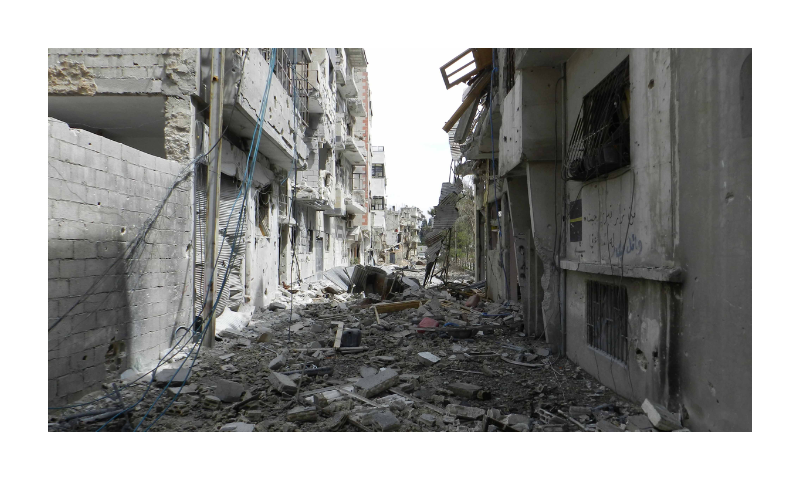Steven A. Cook
Council on Foreign Relations, Dec. 1, 2024
“For the moment, Assad’s problems in Syria are Iran’s problems in Syria and that is good for Israel.”
How did opposition fighters gain control of Syria’s second-largest city eight years after they were routed? How significant is this?
During the height of the conflict in Syria nearly a decade ago, Aleppo was divided between government-controlled and rebel areas, but with the help of Russian airpower and the Lebanon-based militant group Hezbollah, the regime of President Bashar al-Assad was able to regain control over the entire city by the end of 2016. Since about that time, conflict in Syria was static with the rebels largely confined to the Idlib governate, which is adjacent to the Aleppo governate.
Clearly, the armed opposition to Assad has taken advantage of the fact that Israel has done significant damage to Iran’s so-called axis of resistance, especially Hezbollah. A greatly weakened Hezbollah and a Russia distracted by its fight in Ukraine make it harder to defend the Assad regime. That does not mean that Hezbollah or the Russians will not help. Both are deeply invested in Syria, but they do not have the forces they had in 2015 and 2016 that were used to crush the insurgency.
After Aleppo’s fall, Assad’s grip on power seems tenuous. A major question is what is happening in Damascus. There were unconfirmed reports not long after Aleppo fell that Assad and his family were in Moscow, that there were scuffles on the streets of the capital, that different units of the Syrian army were in conflict, and most dramatically, that the presidential palace was overrun. Most of these reports are likely the result of disinformation, but what is happening within the councils of power in Damascus will be critical for how this new phase of the Syrian conflict unfolds.
Are these fighters capable of holding control of Aleppo and expanding their military campaign against the regime? ….SOURCE
This work represents the views and opinions solely of the author. The Council on Foreign Relations is an independent, nonpartisan membership organization, think tank, and publisher, and takes no institutional positions on matters of policy.


